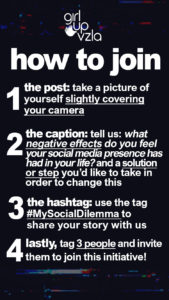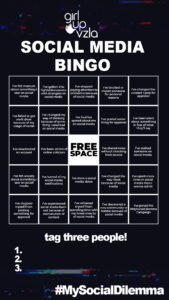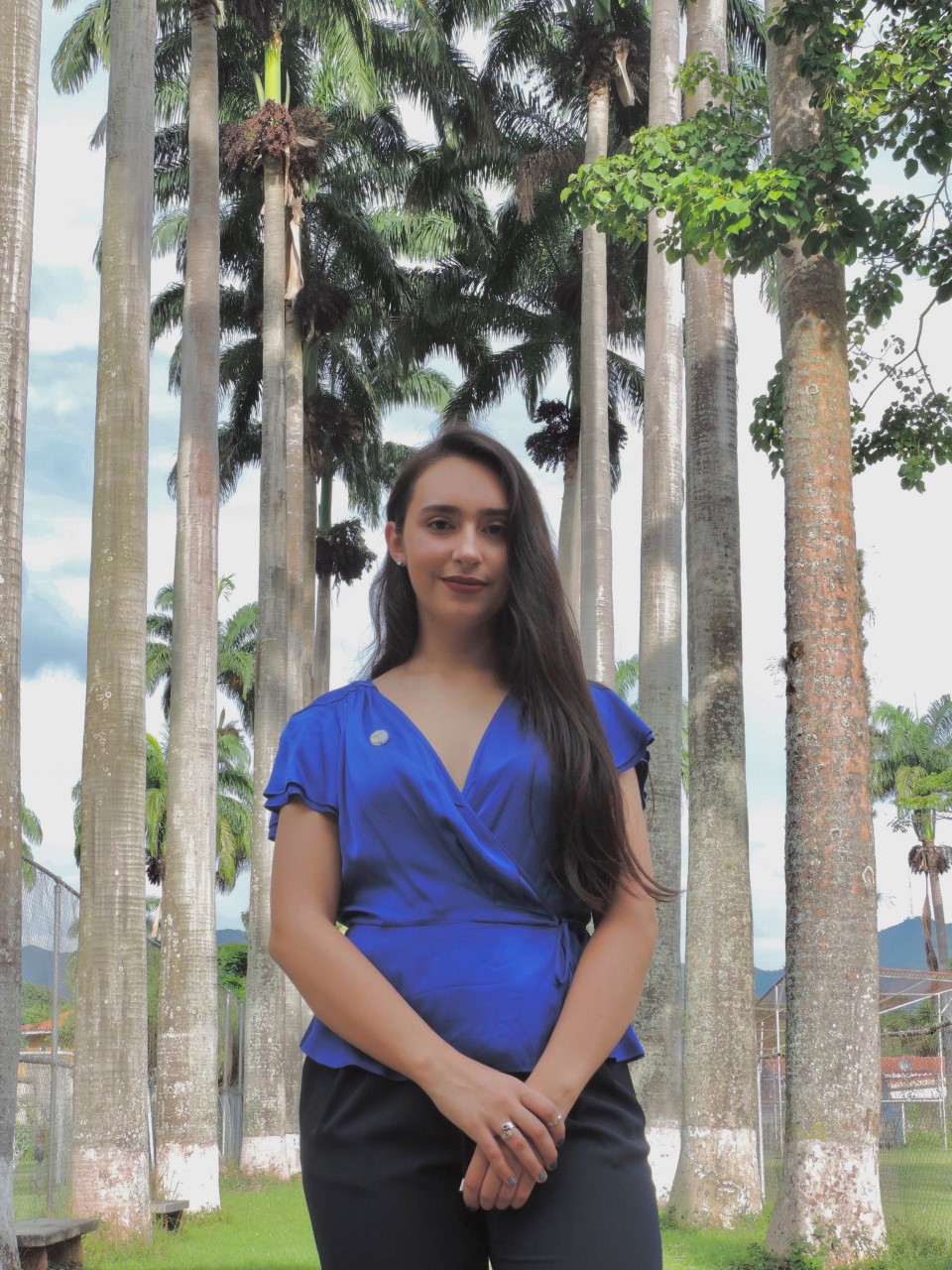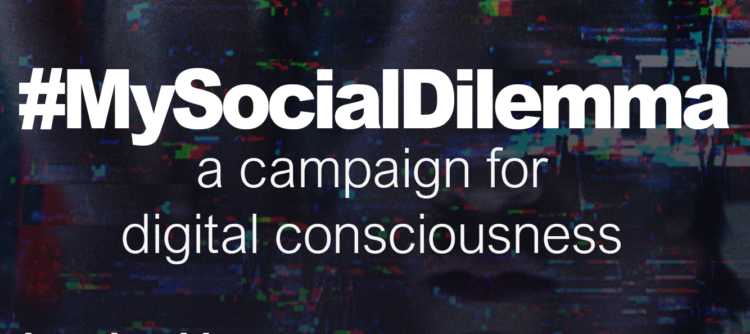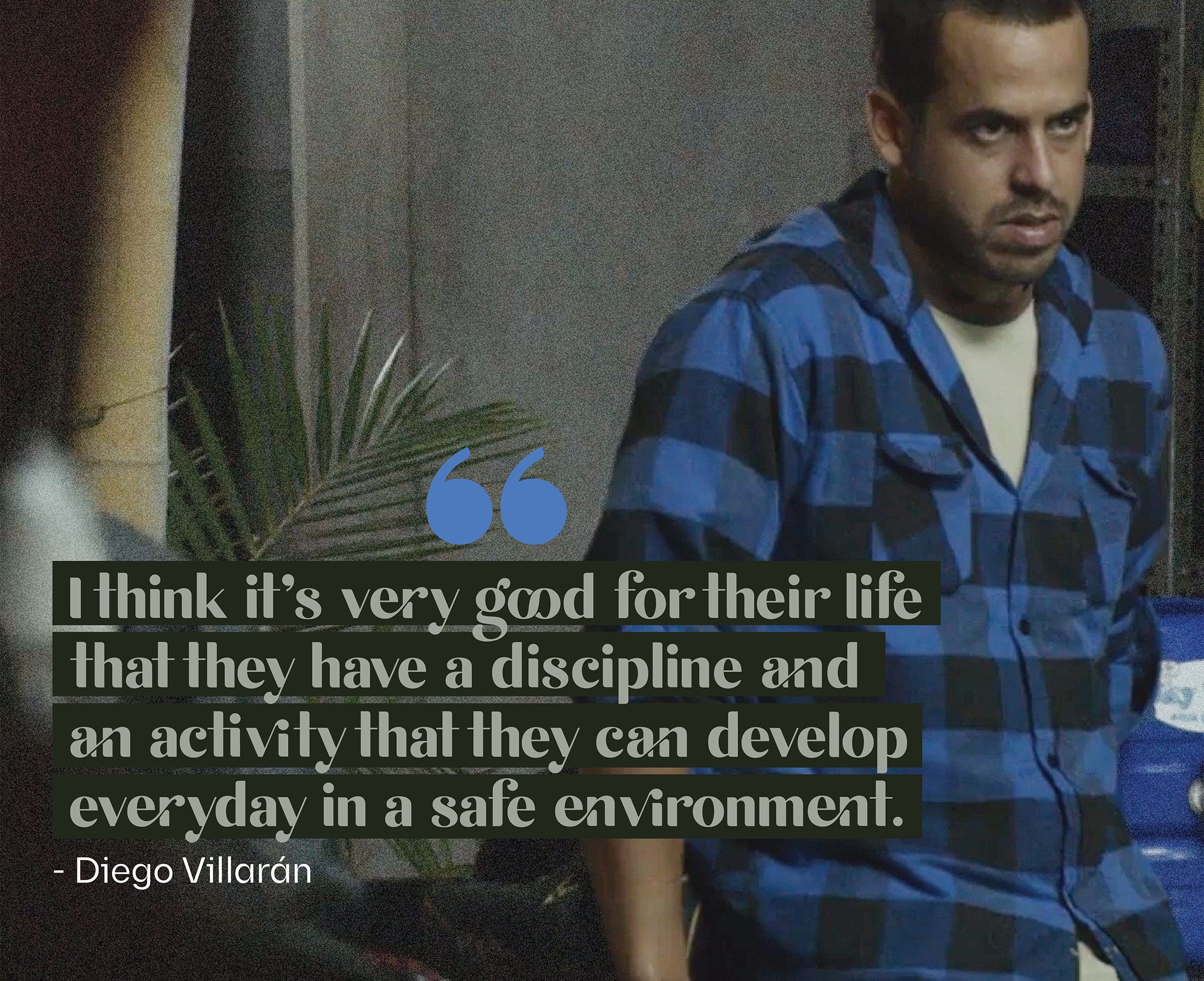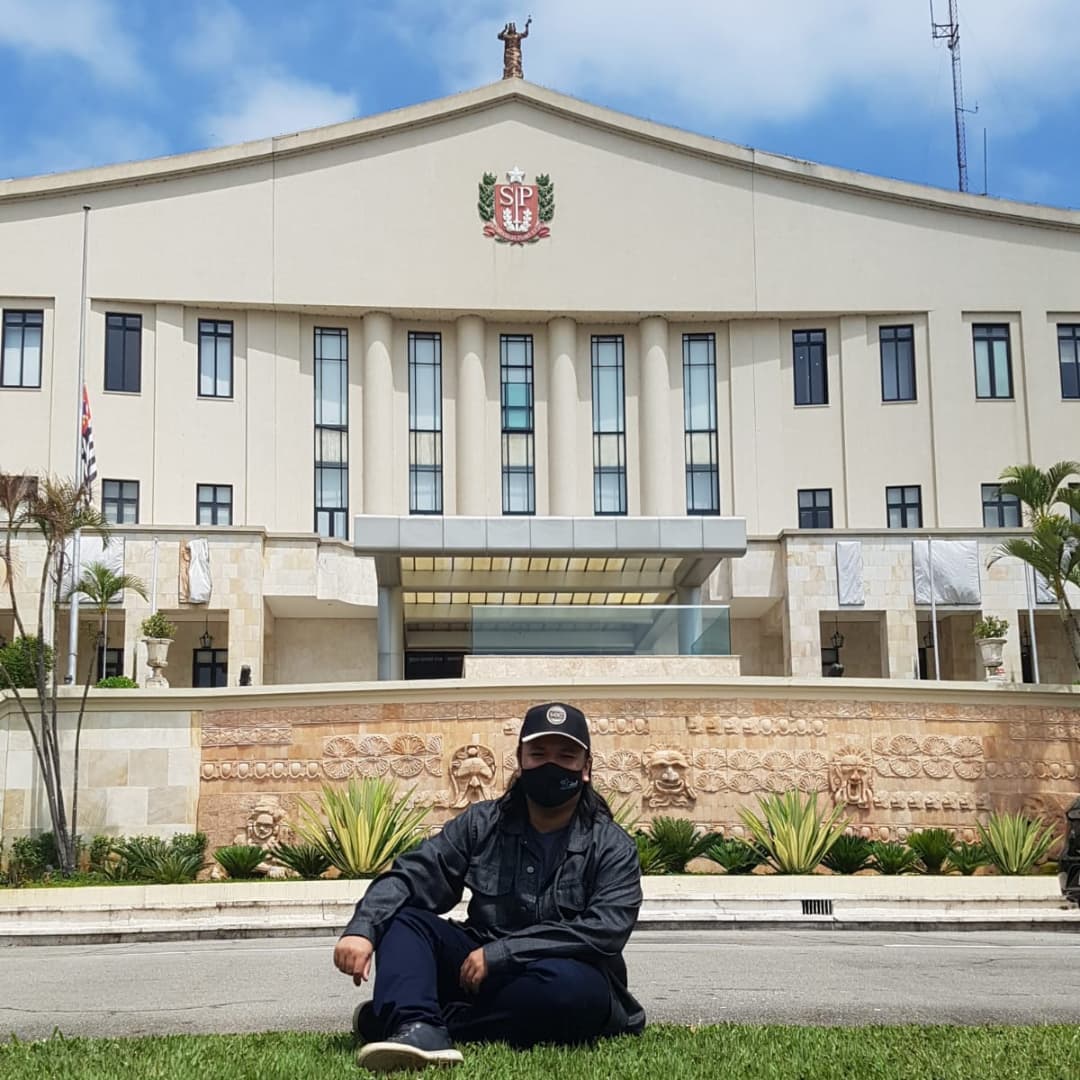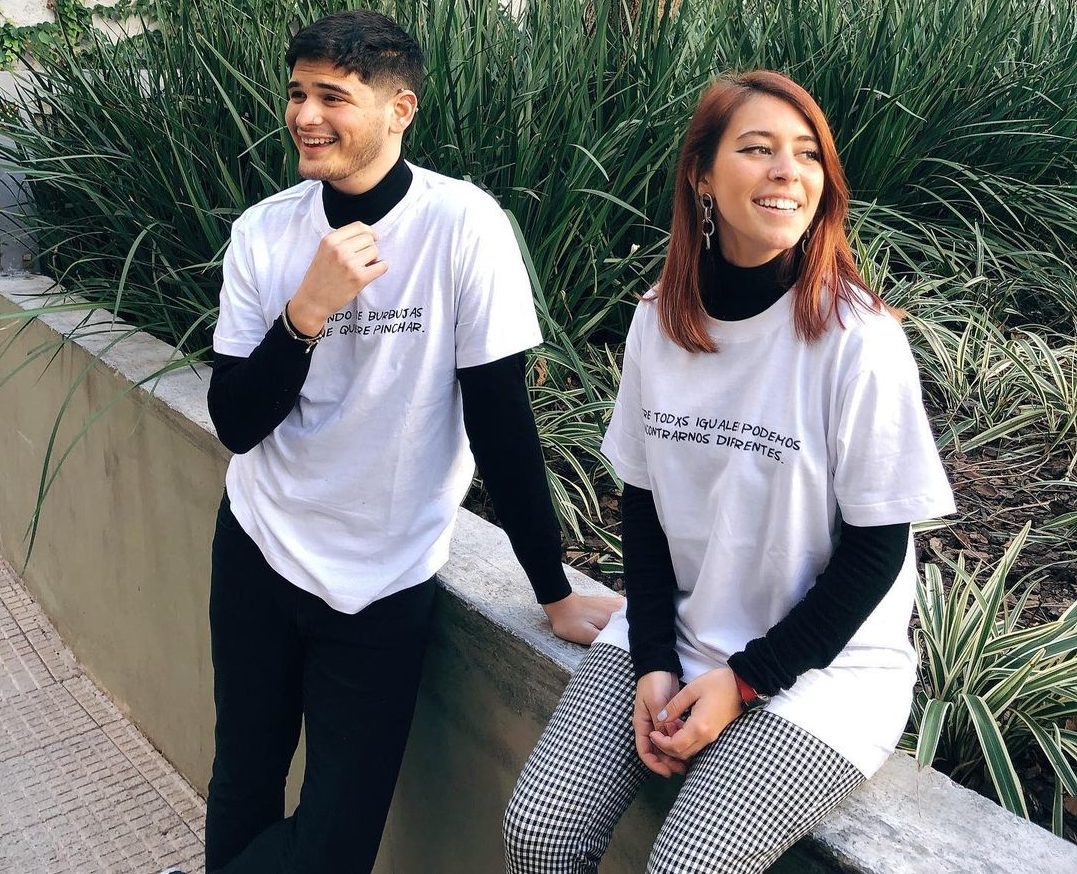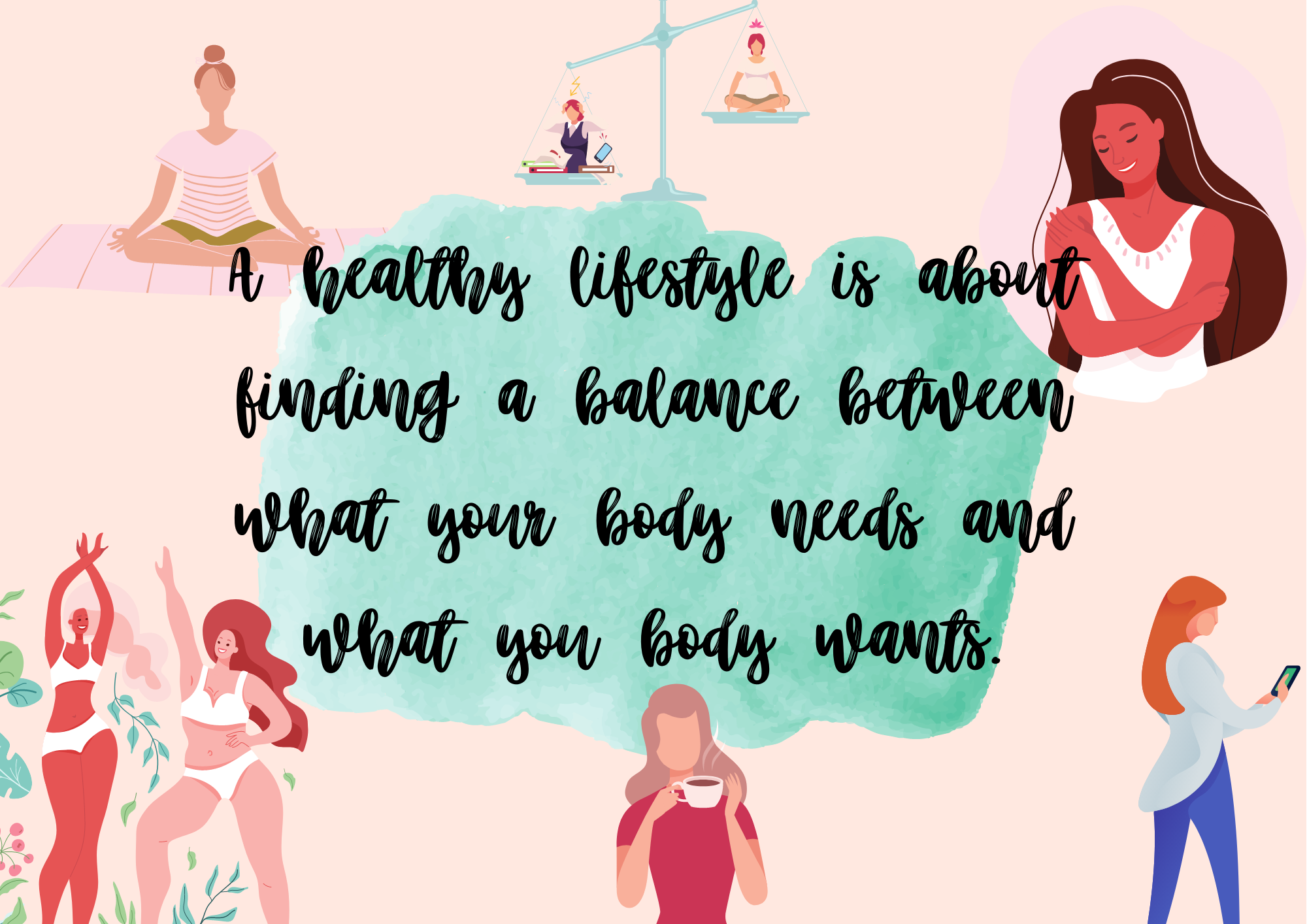Action comes when rage comes. “The Social Dilemma” documentary arrived to urge society to stop using social media the way they used to, with a special call to the youth-the most affected social group of all. When I saw the said documentary, I was mad. I was ready to start a digital campaign and let the world know what I knew at that moment: that we weren’t using social media, social media was using us. But just like with any other big change that has been lead in history, it must have a group of passionate people involved. So as soon as the documentary was over, I was blessed to be able to turn to my family called “Girl Up Venezuela,” a passionate group of young Venezuelan leaders that care about the same thing as I do—making a massive, positive change in the world—to start planning this big change.
With only one month and a half, Girl Up Venezuela was ready to respond to any challenge that disproportionately affected girls and the youth, just like the social dilemma did (and does):
“Data on 10,000 adolescents shows that social media use affects teens girls’ mental health more negatively than that of teen boys.” – The Lancet, 2019
“Over a time course of 4 years, adolescents who use social media a lot of show increases in their levels of anxiety and depression.” – Psychology Today, 2020
“The number of countries with political disinformation campaigns on social media doubled in the past two years.” – New York Times, 2019
“Misinformation travels 6 times faster than real news on Twitter.” – MIT News, 2018
Bearing that in mind, we can assert that the use of social media transcends the mental health dilemma, it goes from the smallest situations in our lives—like influencing us to buy things we didn’t know we needed or procrastinating for hours instead of doing real work or study—to really pivotal ones—like controlling the governments that rule our countries and even arising conflict and insecurity in our communities. We, the youth, know this. We are the generation whose people got to be raised within this dangerous, and most of the time biased system, where playing violent games, stalking and comparing our lives to that of our peers, calculating the value of others based on their followers and likes, and reading fake news became our daily food.
But now we’re seeing the consequences that, although were always there, we are now slowly, consciously deciding to acknowledge them to make a change—and one that truly leaves a mark in the world. In 3 days and a half, my team and I contacted over 100 influencers and changemakers, prepared Instagram posts and flyers, and designed different spreading messages to be shared throughout the social media campaign. Furthermore, we decided to fight fire with fire because the fact is social media is where the most affected people are, and thus the place we wanted this campaign to take place. In one day, more than 200 people in and outside Venezuela participated, sharing their stories and photos to let their followers know they are not alone in this fight to improve our relationship with social media and our constant search for acceptance.
I’m not here to lie to you and say, “Leading a social media campaign is easy,” but what I am going to tell you is that change is in our hands, and whether you like it or not it is our responsibility as citizens of the world to take our awareness and do something with it because “What does it matter to know about an issue if you’re not going to do anything about it?” Sleepless nights, endless conversations, and worries that the campaign would be a waste of our time were all worth it when we started receiving messages like, “I just realized how social media has influenced my life negatively,” “I’m going to start taking social media detoxes,” and “I deleted most of my social media…” My advice to you, changemaker, is to be bold; do not doubt yourself or your ideas because even if you only end up impacting one person, you would be still making a big change. Remember, big changes come from the sum of small actions.
By and large, social media has outsmarted youth and society as a whole, and not the other way around as it should have been; we have become their product and their tool, just like in the science fiction movies we grew up with. Except now it’s a reality, our reality, and we are the protagonists in charge of resolving what seems to be the end of humanity. Our political, economic, and social systems depend on a thread, but who is in charge of that thread? Allow me to present to you the facts: no matter who is in charge of that thread, AI or social media CEOs, you and I are responsible for saving that thread, you and I are the ones who get to solve this social dilemma. See you on the battlefield.
To learn more about Girl Up Venezuela or to join the social media campaign, visit https://www.instagram.com/girlupvenezuela/
